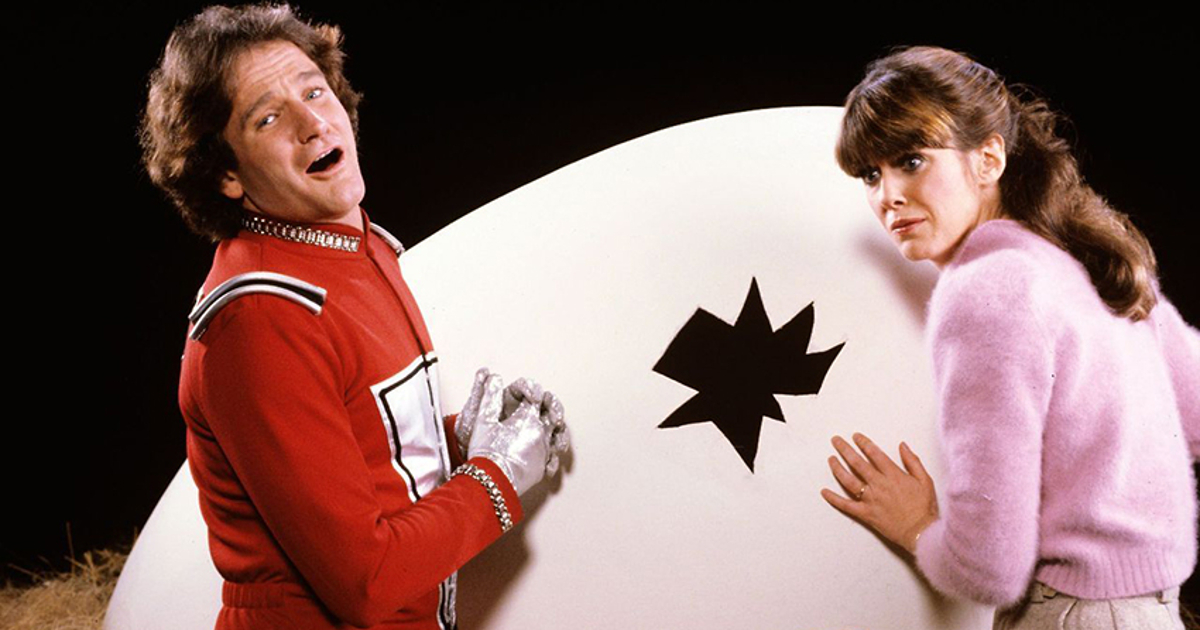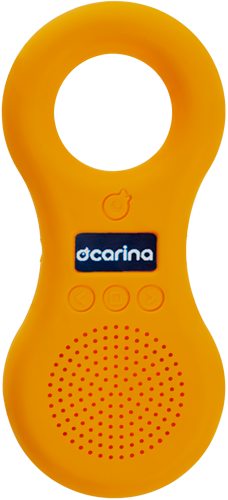“Help me do it alone.” On this principle are based the methods of active education that the child does not have to be spectator of the learning process but protagonist.
Through experience, space exploration, building and destroying, relationship with others, the little one will have the opportunity to become a free man and with his own critical thinking.
In fact, Maria Montessori, the founder of modern pedagogy and Active Education in Italy, supports the importance of educating the child to independence and autonomy. This does not mean leaving him free to do whatever he wants, but to help him do his experiences, discover and acquire knowledge and skills.
The activity of the child thus becomes the central point of the educational process, as well as the environment and educational materials are of crucial importance.
Here are some principles inspired by an Active child’s Education:
The educator must observe and never intervene
The task of parents and educators is to help them accomplish their own achievements as they learn to walk, run, and wash. “The master must minimize his intervention. It must be like a guardian angel, who watches for the child not to be disturbed in his free activity. (M. Montessori “Educating Freedom”)
Educational environments must be child-friendly
The school environment must be welcoming and familiar. Inside all the furniture and objects (chairs, tables, sinks …) must be modeled and used according to the needs of the small. It is important that spaces are open so that children can move easily and autonomously, but also interact with the outside environment.
Educate children with the right teaching materials
The teaching materials should be simple even if specially studied, such as objects to be assembled, ribbons, cards that can promote the intellectual development of the child and encourage self-correction of the error.
Educational materials must also educate the senses, develop motor skills, logical-mathematical, linguistic and musical skills.
Game is the baby’s work
The game plays an important role in helping children to be active, to learn to make choices, and to increase their mastery of their actions. As children grow, they have to experience a wide range of disciplines (art, music, language, science, mathematics, social relationships); Each of these matters is important for the development of a complex and integrated brain.
The toys must be simple, usable in autonomy, so very safe too. Through these, children learn to know themselves, others, and the world around them.
Active education prefers individual and free games to collective ones though supervised by the educator. The child must be free to do so while respecting the order of things and be able to collaborate with others by following the method of mutual teaching.
The child must be in contact with nature
It is important to make the child in contact with nature as much as possible, because the feeling of nature grows with attendance and exercise. A child left in the midst of nature pulls out muscle energies higher than what parents think.
Children should approach music to preschool age
According to Maria Montessori, music promotes autonomy in the small, the spirit of collaboration and participation, respect for each other, freedom. This is because it has the ability to open up the heart and make it more sensitive and human.
Compared to the language that tends to create walls between people, music unites all men into a single large community and must therefore remain a good accessible for everyone.








